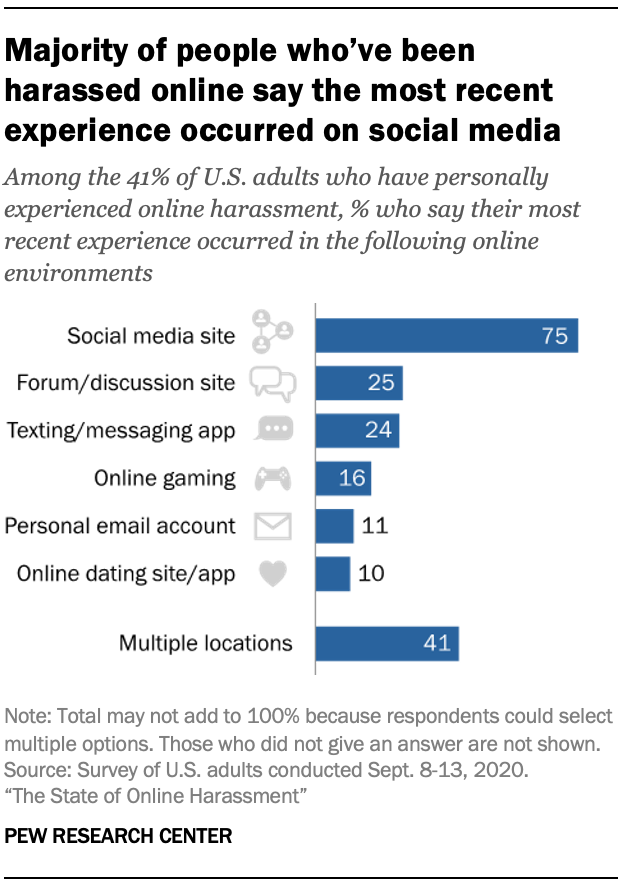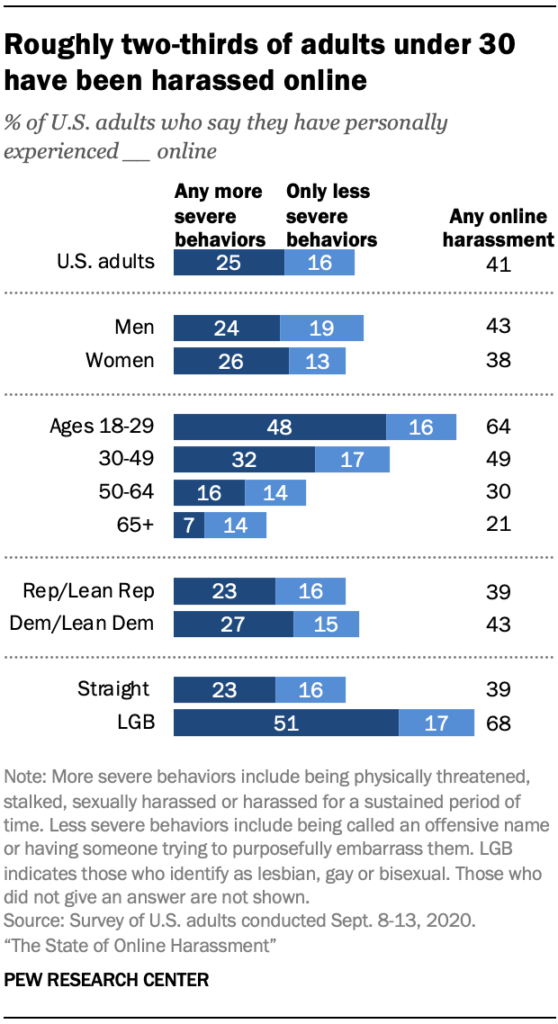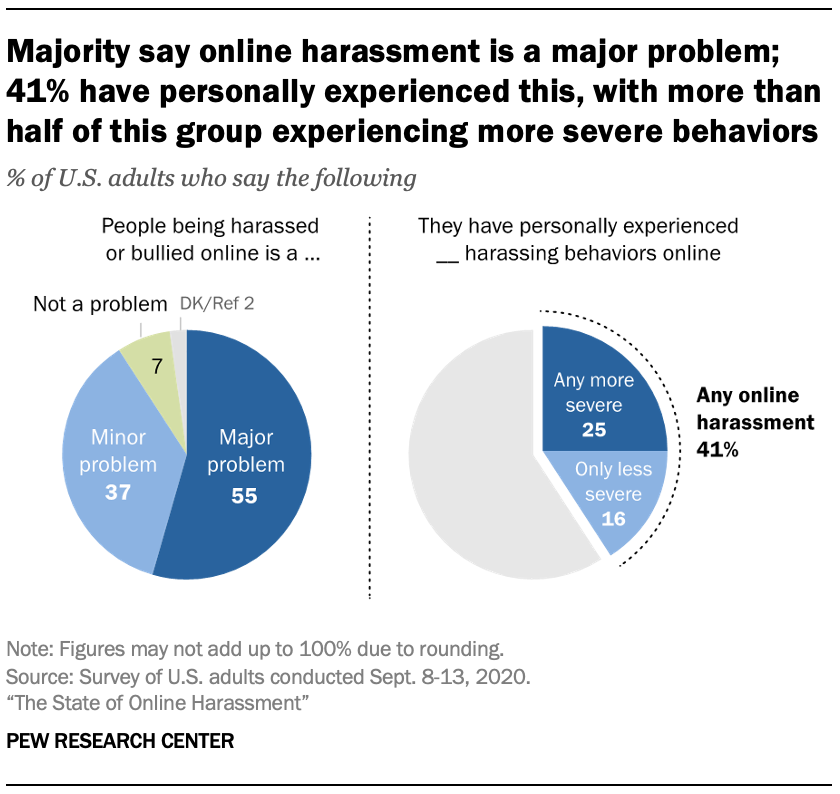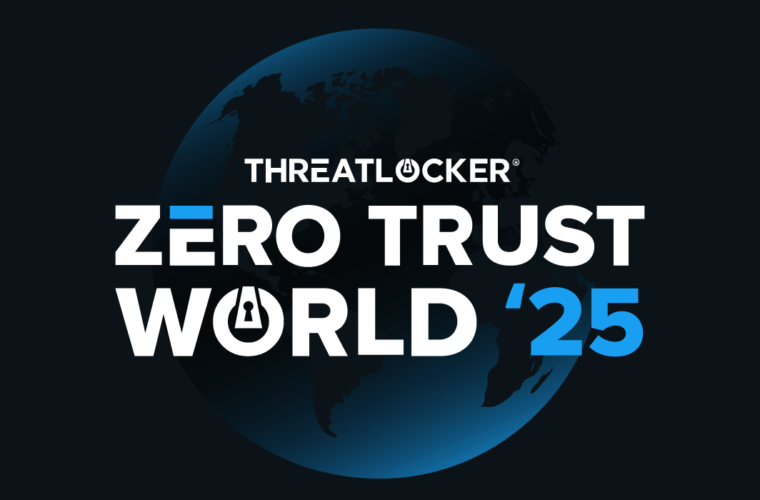Cyberstalking has become an increasingly common problem in the digital age. It is a form of harassment that occurs online, using digital technologies such as emails, social media, and websites. Cyberstalking can be a frightening and stressful experience, leading to feelings of powerlessness, fear, and distress. It can have serious psychological, emotional, and even physical effects. Fortunately, there are steps that you can take to protect yourself from cyberstalkers and here is how.
What is Cyberstalking?
The use of the internet to harass or stalk someone is considered to be cyberstalking and is a criminal offence almost globally. This can manifest in many forms, such as through social media, emailing, instant messaging and even messaging on discussion groups or forums. The anonymity of the internet means that cyberstalkers can often go unnoticed, unpunished and undetected. The concepts of cyberstalking and cyberbullying are often incorrectly assumed to be synonyms. In fact, cyberstalking is a type of cyberbullying, which is one of the numerous offences categorized under the term cybercrime.
Cyberstalking is a wide-ranging term for online harassment, and it can come in various guises, from calumny and libel to trolling and menacing statements. In situations where the stalker and target are individuals, there is often a motive behind it. At the outset of cyberstalking, perpetrators may deliver a few strange or bothersome messages to their targeted person. They may try to downplay these messages as humorous, bothersome, or peculiar and decide to disregard them without taking any action. Gradually, the communication could become more ordered, ongoing, and constant, developing a menacing or terrifying atmosphere.

Common Tactics and Examples
There are a variety of ways that stalkers can use to cyberstalk. There are two main categories of cyberstalking tactics:
The use of online platforms as a source of information. This method is used to gather information about the victim. Stalkers may use the internet to find information about their work, interests, social media pages, etc. This allows them to learn more about you, which can make their harassment more personalized and powerful.
The impersonation of others. This method is used to trick you into communicating with the stalker. Stalkers may use fake profiles to interact with you or impersonate someone else in order to trick you into communicating with them. Based on these categories, cyberstalking can take different forms and be used for different reasons, such as:
They are sending threatening or intimidating emails or messages. These messages can be sent directly to the victim or others the victim may know. Threats may include legal action, violence, or the release of personal information. Posting damaging or untrue information about you on social media or websites. This may include posting false information about you on dating or social media websites, creating online groups or websites dedicated to defaming you, or posting false criminal charges against you online.
Hacking into your computer and phone. Stalkers may hack your computer and phone to gain access to your photos, emails, and texts, which they may then use to blackmail you. Spreading false information about you on online platforms. Stalkers may even go as far as placing false advertisements about you on online job boards, creating false profiles on social media platforms impersonating you or others, or writing false reviews of your business on review websites. Tracking down your location. This can lead to stalking you using GPS tracking on your phone, accessing your email in order to track your whereabouts, or using drones to track your movements.


The Psychological and Emotional Effects
The fear and anxiety associated with cyberstalking can have severe psychological and emotional effects, such as anxiety, fear, panic attacks, and depression. These feelings may become so intense that they lead to distress and disruption in your daily life.
Lawyers Jonathan Wong and Riko Isaac, managing director and associate director, respectively, of Tembusu Law, explained that harassment could take the form of threats, abusive or insulting words or behaviour, or the publication of identity information, to harass, alarm or cause distress to the victim intentionally.
“Cyberstalking involves the same intents as physical forms of stalking – to cause unease, fear or downright misery.”
A cyberstalker may torment a victim with material that is irritating, improper or even more than that. In the worst cases, the targeted person may face upsetting, distressing or menacing material. The victims are likely to experience intense online intimidation, such as sexual harassment and physical dangers, which can create feelings of powerlessness and self-isolation. Other common feelings are confusion, anger, anxiety, insomnia or physical issues like headaches, acid reflux, or stomach ulcers. Mental conditions such as depression or post-traumatic stress disorder (PTSD) may also be present.
Therefore, it is crucial to remember that these feelings are expected to feel if you have been a victim of this form of attack. The more you try to ignore this form of abuse, the more power stalkers gain over you. The best thing to do on such occasions is to report it to the proper authorities.
How to Protect Yourself
The best way to protect yourself from cyberstalking is to be aware of the common cyberstalking tactics and take precautions to protect yourself from them. First, you should protect your passwords and not share them with anyone. Be mindful of what information you put online and how it could be used against you. Limit the personal information you post on social media, and ensure that you have privacy settings set so that only your friends can see your posts. In case of cyberstalking, it is recommended to block the person who is harassing you, even if their messages are not threatening yet.
Additionally, it is a good idea to report the individual’s behaviour to the corresponding social media platform, especially if they are engaging in harassing, stalking or threatening activity. Most platforms make it easy to report such behaviour. And always report cyberstalking to the proper authorities. It is important to remember that, as with other forms of harassment, you do not deserve to be cyberstalked. You do not have to suffer in silence. There are ways you can protect yourself from these harassments through the protection laws in your state of residence.

Reporting Cyberstalking
In order to protect yourself from stalking, it is important to be aware of your state’s cyberstalking laws. Every state has cyberstalking laws, but they vary in terms of the type of activities that are considered cyberstalking, the legal procedures used to convict stalkers, and the extent of penalties for cyberstalking. Some general cyberstalking laws include laws that apply to all forms of communication, such as all types of digital communication, including emails, texts, social media posts, and messages on dating sites. They also apply to remote communication, such as phone calls, voicemails, and video calls. Stalking laws protect all victims, including minors, adults, women, and men.
If you are being cyberstalked, it is important to report it immediately to the proper authorities. If the stalker uses tech platforms and hacking methods to stalk you across state or international lines, or if they are trying to hack into a government computer, the federal government may prosecute cyberstalking as a federal crime. Also, if cyberstalking is only happening in your state, you can report it to the state’s authorities, who can bring charges against the individuals responsible for the stalking. In some cases, cyberstalking may be handled by a local law enforcement agency, such as a county or city police department. In other cases, it may be investigated by a special cyberstalking unit of the state’s attorney general’s office. If cyberstalking is being carried out by hackers and falls under federal jurisdiction, it is considered a computer crime that can be reported to the Federal Bureau of Investigation.
If you ever encounter these types of harassment, or if you hear about people around you suffering from cyberstalking, we recommend being open about this issue and alerting the proper institutions. Do not suffer in silence, but reach out, and help will come your way. (Check out the Internet Crime Complaint Center IC3)



